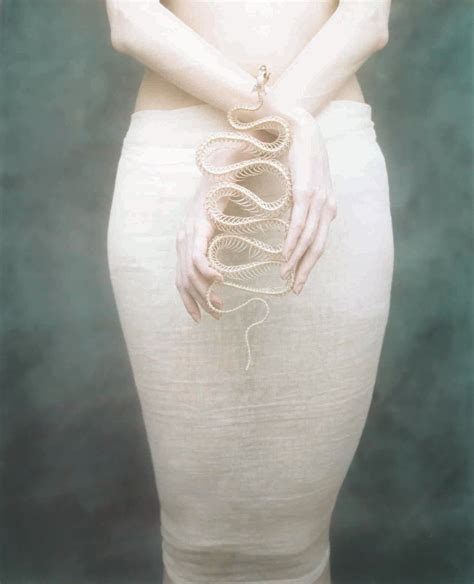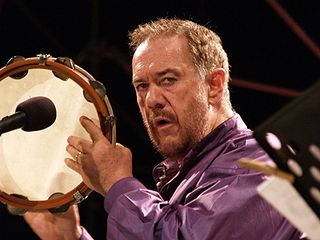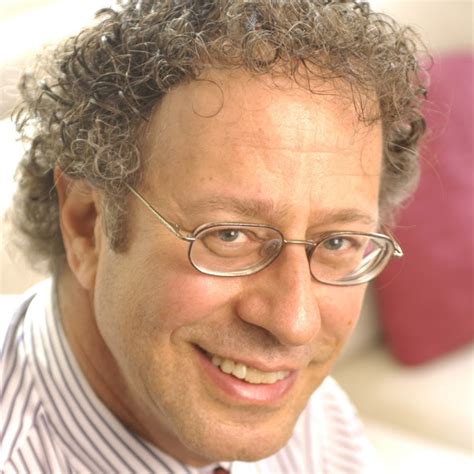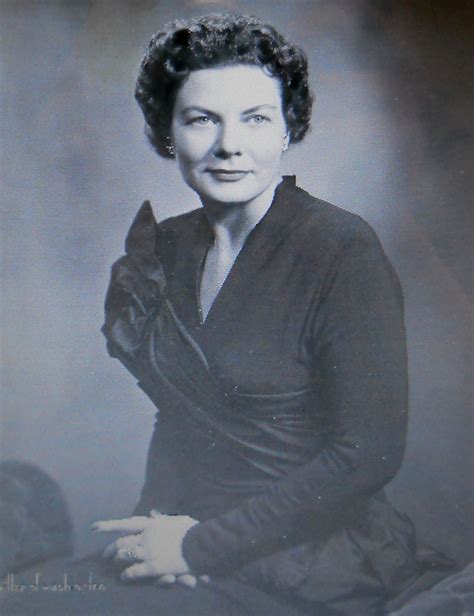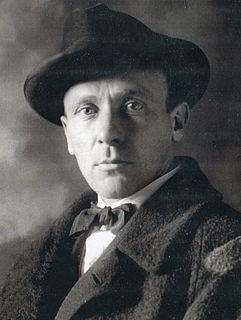A Quote by Stefan Zweig
Dostoevsky was the first to reveal to us this teeming multiplicity of emotions, this complexity of our spiritual universe.
Quote Topics
Related Quotes
My early self-portraits appeared effortlessly and seemed like equivalents for my deeper emotions. Many critics remarked that the images had an almost other-worldly haunting presence. For me, they were simply my own reality at that point in my life. What I was trying to reveal was my inner soul in all its fragile complexity. Without knowing it, I was trying to peel back the layers that shroud and bind us all as we struggle to reveal our own authentic selves.
Inspiration is not inside of us. Inspiration comes from outside. It comes from our spiritual guides and from different energies that are in the universe. If we keep in touch with god and our spiritual guides, just knowing that they exist and they are there for us, gives us the strength to say well this is a bad phase but it's going to end and when it ends I'm going to do something good.
There is only one basic desire that motivates the spiritual seeker-to make the experience of God, of divine bliss and joy, the center of the life experience. We are spiritual beings living in a material universe, and as such, our first priority is to nurture that eternal part of us. The eleventh step of AA's twelve-step program states it beautifully: "Sought through prayer and meditation to improve our conscious contact with God as we understood him, praying only for knowledge of his will for us and the power to carry that out."
Poems give us permission to be unsure, in ways we must be if we are ever to learn anything not already known. If you look with open eyes at your actual life, it's always going to be the kind of long division problem that doesn't work out perfectly evenly. Poems let you accept the multiplicity and complexity of the actual, they let us navigate the unnavigable, insoluble parts of our individual fates and shared existence.
For the most part, of course, the presence of the great spiritual universe surrounding us is no more noticed by us than the pressure of air on our bodies, or the action of light. Our field of attention is not wide enough for that; our spiritual senses are not sufficiently alert. Most people work so hard at developing their correspondence with the visible world, that their power of correspondence with the invisible is left in a rudimentary state.
When the dream in our heart is one that God has planted there, a strange happiness flowers into us. At that moment all of the spiritual resources of the universe are released to help us. Our praying is then at one with the will of God and becomes a channel for the Creator's always joyous, triumphant purposes for us and our world.
It would seem that emotions are the curse, not death-emotions that appear to have developed upon a few freaks as a special curse from Malevolence. All right then. It is our emotions that are amiss. We are freaks, the world is fine, and let us all go have lobotomies to restore us to a natural state. We can leave the library then, go back to the creek lobotomized, and live on its banks as untroubled as any muskrat or reed. You first.
Our problem isn't that the universe isn't on our side; the problem is that too many of us numb these days, not awake to the game, or to the power of the universe that flows through our psychic veins. Some of us need to stop whining. It's not like we're the first generation who faced serious challenges. But others rose to the occasion, and we need to too.

